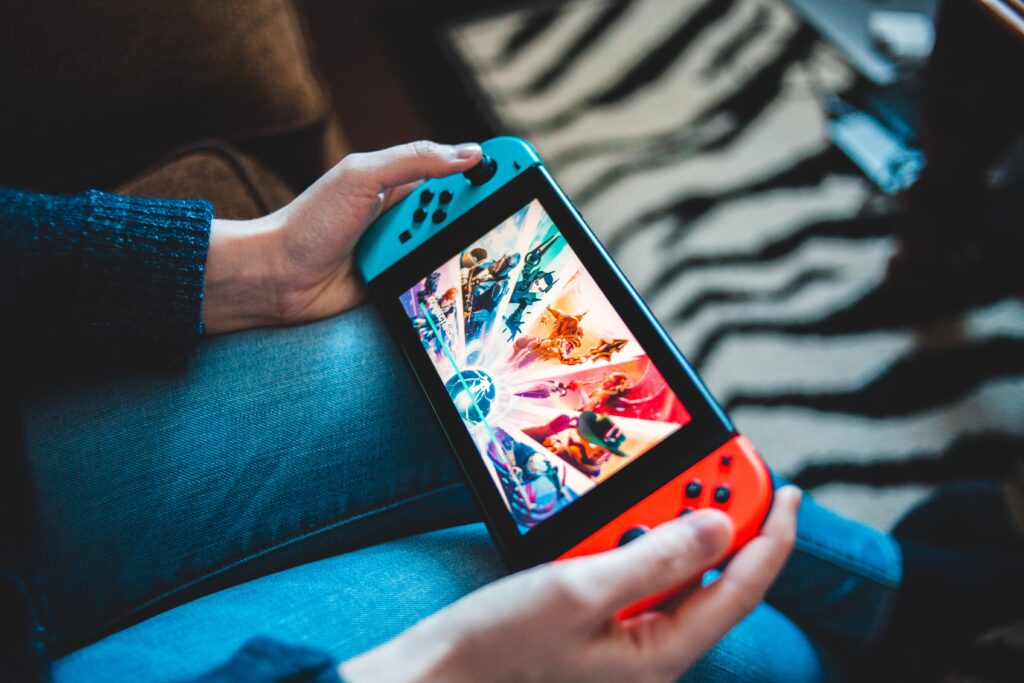According to some recent reports and surveys, two out of three console games (in Germany) are still sold physically. In times of broadband internet and the constant availability of e-shops and other sources of supply, somewhat surprising, isn’t it?
It seems that it is rather the older ones who still buy their games physically, simply because they have always done it that way. The younger a consumer is, the more likely he is to buy his game digitally and save it on a memory card instead of keeping it on the shelf at home for all to see. For them, the game has no real value as a physical data carrier, just as CDs, DVDs, books or records do for Generation X.

In the PC sector, the distribution of games on physical data carriers such as DVD and Blu-Ray has increasingly shrunk to a small niche. The games have become too big, and frequent season or episode updates of a similar size do not make things easier.
Instead, 97% of all PC games are purchased purely digitally via platforms such as Steam, GOG and Epic Game Store. In this area of the current gaming landscape, the preference for digital downloads has largely prevailed.
The situation is somewhat different in the console sector, which includes the Sony PlayStation, the Microsoft Xbox and the Nintendo Switch. According to the latest data from the German industry association Game, the share of digital downloads will remain unchanged at 37% in 2022. This means that 63% of games, or two out of three, will still be purchased on physical media.
For the PlayStation, the most recent global digital download ratio was 70 per cent, and after the release of Horizon: Forbidden West, it was even close to 80 %. This indicates that the share of physical data carriers for PlayStation games is strongly declining. On Xbox, the share of physical media is traditionally even lower, which is also influenced by the Xbox Game Pass. For the Nintendo Switch, on the other hand, the share of module sales still accounts for half worldwide, but is steadily decreasing in favour of digital downloads. Many publishers are also no longer offering their games in stores as data carriers, but only as download codes. Activision openly communicated this when Call of Duty: Modern Warfare II was released.
In Germany, there are clear demographic differences in the purchase of physical data carriers. The older the buyers, the higher the share of discs or modules. As I said, the “older generation” simply likes to get something for their money. Among the over-60s, the share is over 65 per cent, but among the 20- to 29-year-olds it is only 28 per cent. The trend is downward.
But not only age, but also the possibility of resale or the fun of collecting are possible reasons why customers still choose to buy physical data carriers. With pure download purchases or subscription flat rates like the Xbox Game Pass, resale or social exchange with like-minded people is not possible.
And even if the trend is moving towards digital downloads and publishers no longer see any point in putting every game on sale as a box, game fans do not always have to do without physical extras. Manufacturers often offer elaborately designed collector’s editions of the most important blockbuster games, which are sold exclusively via their own online shops or in cooperation with individual retailers. The general trade is usually left out. These editions are then also what collectors want and like to put on their shelves.
Examples of this are some editions by Activision Blizzard or Sony Interactive. However, there are also exceptions, which can still be pre-ordered from Amazon as well as MediaMarkt and Saturn.
The above information is based on surveys by the GfK Consumer Panel, which regularly asks 25,000 consumers in Germany about their shopping and usage habits, and on an article by GamesWirtschaft.
Photo: Erik Mclean
